Interpreting films
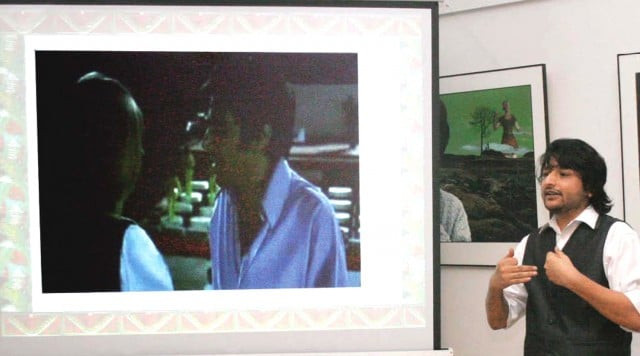
Naqvi, who also writes an extremely engaging blog (karachikhatmal.blogspot.com), showed his own short films and used clips from movies such as the Merchant-Ivory 1970 film Bombay Talkie (starring Zia Mohyeddin, Jennifer Kendal and Shashi Kapoor) and the trailer for Slackistan and asked audience members on how they interpreted the films.
This made for an animated discussion - usually with the majority of the attendees disagreeing with the symbolism Naqvi saw in the film - but also had its tense moments. One audience member took umbrage at Naqvi using the term ‘newly born critics’ when he addressed the crowd.
Naqvi showed his own short films as well, that he has been making as a Masters student. One of them focused on stereotypes, and was inspired by the Newsweek magazine cover that called Pakistan the most dangerous country in the world.
Drawing on his experiences as a journalist, Ahmer Naqvi took the time to address some of the ways people tend to look at the media in Pakistan. According to him, people have the same faith in media as they do in doctors, but he was also careful not to blame news organisations. Instead, Naqvi said, media channels should not be blamed for not promoting a ‘positive’ image of Pakistan because that’s not their job, but he also said that people tend to take channels to be a lot more professionally run than they are.
He also used an example of a satire story done by Maila Times.com to illustrate how in Pakistan people tend to take things like fashion week and highlight them as a representation of the entire country.
Naqvi believes that the amount of time people spend on interpreting the words of talk show hosts could be easily utilised instead for interpreting art and films.
A worthy point, but not every purveyor of art is interested in interpreting it, and television channels are far closer to reality than the popular escapist cinema churned out by Bollywood and Hollywood.
Published in the Express Tribune, June 10th, 2010.


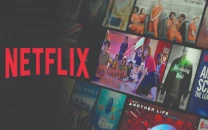

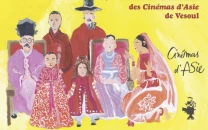
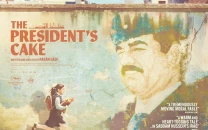
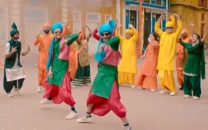












COMMENTS
Comments are moderated and generally will be posted if they are on-topic and not abusive.
For more information, please see our Comments FAQ